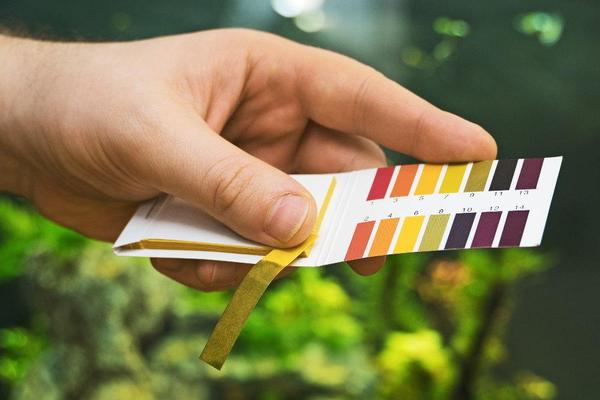Randy Holmes-Farley
Reef Chemist
View Badges
Staff member
Super Moderator
Excellence Award
Expert Contributor
Article Contributor
R2R Research
My Tank Thread
- Joined
- Sep 5, 2014
- Messages
- 67,274
- Reaction score
- 63,617
HI @Randy Holmes-Farley, hope you are well and safe. To be fair to BRS I think the idea of their video suggesting household vinegar, was only for use in an emergency situation, such as a kalk reactor or doser overdosing. The idea was to quickly counter the possible lethal effect to your livestock by temporarily countering Ph and high alkalinity, just so you had enough time to find a more sustainable source such as mixing up some new salt water batch to do a large water change.
Out of interest do you think this is viable, how long would it take for the bacteria to utilise the carbon source of the vinegar to metabolise the vinegar and produce more carbonate.?
Also I am a little confused by the other posts calculation of using 9 dKH source water and mixing it with Reef Salt from a bucket with a suggested average alkalinity of say 8 dKH would produce a water mix off 17 dKH. Would not averages apply in this situation not accumulation.? Seems a little confusing to me.
Best wishes from across the pond, stay safe.
It may be useful in an emergency. if you are actively otherwise dosing any vinegar, I expect it lasts only hours,. In a virgin tank it may last a day or two. That's mostly guessing though.
If you mix two types of water, then averages apply. it is a weighted average of the alks and the volumes.
The scenario is adding dry salt with an effective alk of 8 dKH to water with an effective alk of 9 dKH. In that case, they are additive (or, viewed alternatively, are still a weighted average, but the volume of the second part is zero).



















